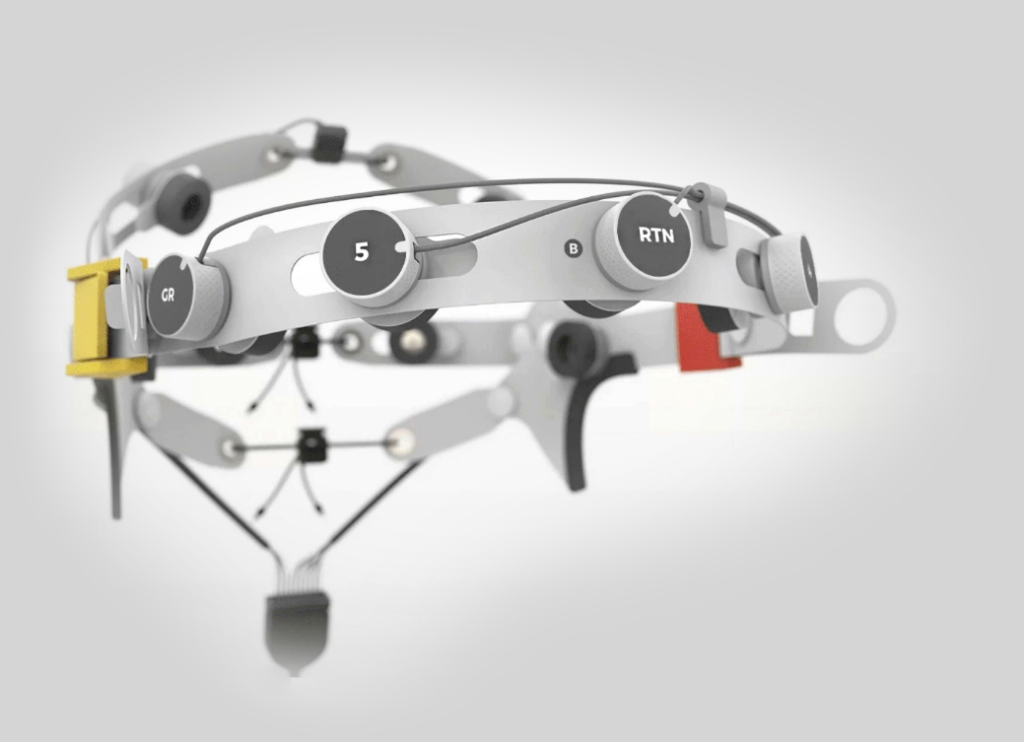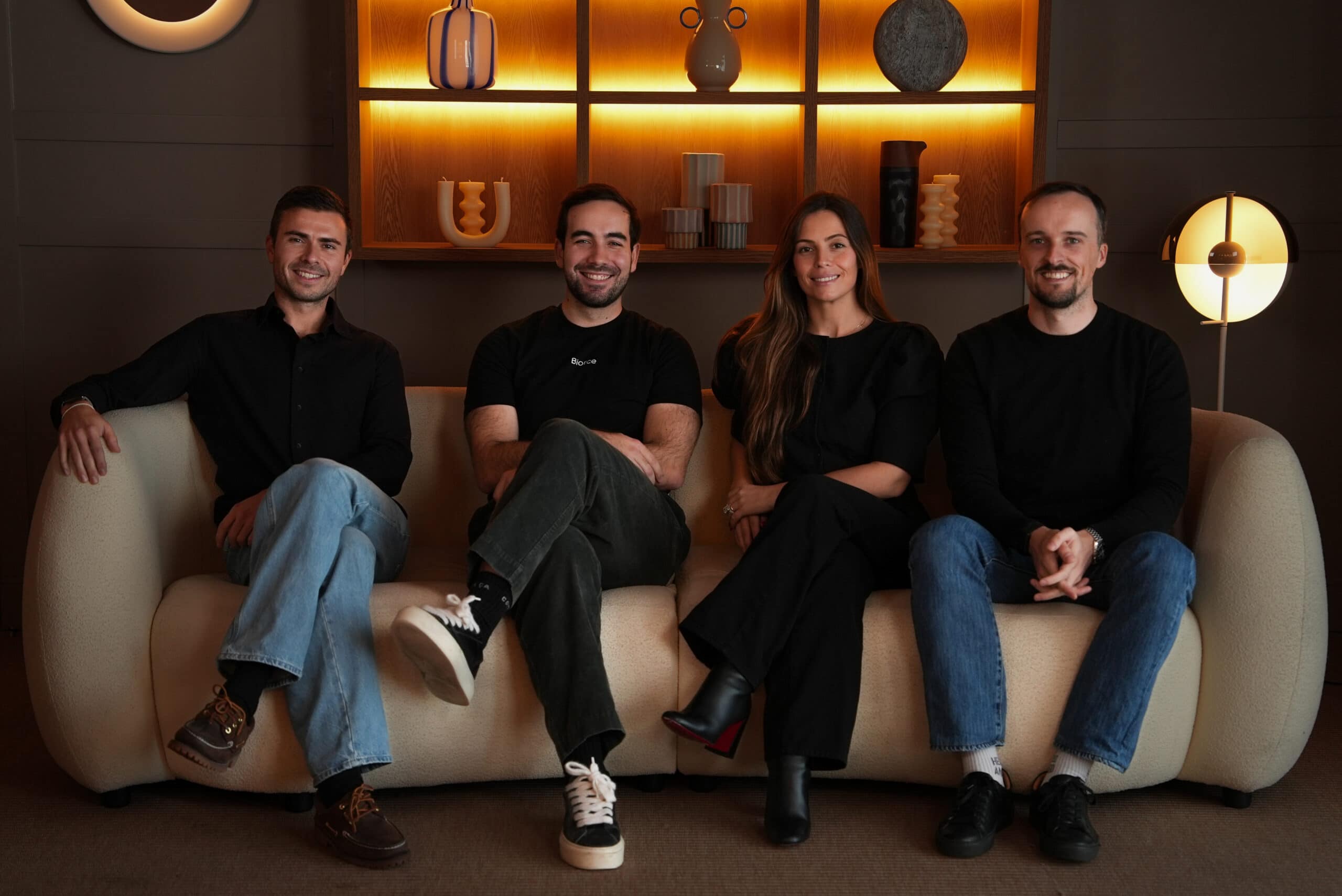In the European Union, countries such as the Netherlands, Luxembourg, Malta, and more recently Germany and Switzerland, have adopted or are planning to introduce new approaches to regulate recreational cannabis.
In terms of figures, in Spain alone, the legal cannabis market is valued at more than 500 million euros per year. In addition, demand for medicinal cannabis use has seen a 12% increase compared to the annual average of the past five years.
Last year, the Standing Committee of European Doctors (CPME), which represents national medical associations across Europe, issued a warning about the adverse health effects of cannabis use, and urged countries against further legalisation.
To delve deeper into how cannabis consumption — as well as other substances — can affect our minds and bodies, Novobrief spoke with Israel Gasperin, who describes himself as an engineer, inventor, and an entrepreneur curious to understand how the brain works and how psychoactive substances alter it.
This curiosity led him to co-found Zentrela, a Canadian firm that recently announced its arrival to the EU, which seeks to democratize brainwave analysis through its patented neurotechnology platform, Cognalyzer AI.
The platform is a combination of hardware and artificial intelligence (AI)-powered software that collects brainwave data and delivers science-backed, objective results about how different products or substances we consume impact on our mental state, according to information released by the company.
Gasperin said that traditionally studies on the impacts of products on humans’ mental states happened in three ways: Questionnaires; through saliva, urine, blood, or breath samples; and with the most advanced brain technology tests.

“All of these options have certain limitations, and none of these avenues has created a solution that allows us to quantify a person’s mental state,” Israel said. The democratization of AI and other technologies in recent years is allowing for advances.
With the first commercially viable solution for brainwave analysis on the market, Zentrela’s
objectively characterizes brainwave alterations associated with cannabis use, with results delivered in approximately two minutes.
AI for a deeper look at mental impact
Use cases for such technology in Europe and globally are many. For instance, helping to understand if a person is sober behind the wheel, or understanding an employee’s mental state to ensure they’re in optimal condition to run heavy equipment, etc. And the technology can better help researchers understand the effects substances like cannabis have on the brain.
“How do you quantify being drunk? Are you high on cannabis? How do you quantify that? Are you sad? How do you quantify sadness or anxiety?” asked Gasperin. “You have the questionnaires, but the questionnaires are quite subjective and not standardized. Everyone has a very subjective perception of what it is to be sad, what it is to be drunk, or how they feel after using cannabis.”
Gasperin notes that many tests “simply quantify the concentration of a substance in the body, but they can’t tell you what the brain is experiencing.” For instance, a breathalyzer measures the amount of alcohol in your breath and, according to the percentage, your level of inebriation is determined. “But it doesn’t quantify whether someone is drunk or not, how their mind is,” Gasperin argues.
Electroencephalogram (EEG) technology is not new — it’s been used for more than 120 years. However, it requires a physician, a neurologist, or a neuroscientist to analyze the information. While this method is reliable, it is somewhat manual and subjective. This makes it not commercially viable for companies or organizations to implement this technology.
“When cannabis started to be legalized, either for medicinal or recreational use, we saw an opportunity to serve as a tool capable of detecting people’s mental state,” said Gasperin.
“We were talking to trucking companies and wanted first to develop this technology to detect the chances of falling asleep while driving. When we were interviewing tractor trailer drivers, trucking companies, executives, insurers, companies that develop saliva and breath drug tests, etc, they were all telling us that detecting fatigue was no longer the main challenge.”
According to Gasperin, the continued legalisation of marijuana is going to create more problems in the industry because today saliva and urine tests are required to determine if a driver or someone is under the influence of cannabis when driving.
The tests currently take up much time because, in addition to having to collect the samples, specialized personnel are required to analyze them. While they are reliable when it comes to imposing sanctions on workers who obtain positive samples, as cannabis consumption is being legalised further, this will become a bigger headache for companies, he added.
“If marijuana use is no longer illegal, there will hardly be a check on workers in roles that demand great attention. Our tool will be useful for detecting whether the brain is impaired in performing certain activities because it is experiencing the psychological effects of cannabis. We realized that nothing exists to detect the cognitive, mental, or emotional state,” said Gasperin.
A tool to improve product development
Since cannabis sales began to be legalised in North America, Zentrela saw an opportunity to develop technology to drive research and development of cannabis products, providing clear, scientifically-backed information about its effect on the brain.
“This is the true disruptive value of our proprietary AI and our portable EEG technology,” said Gasperin. “We have created a new way of conducting human trials for cannabis effect research that can be completed in three months instead of 18-month studies, including clinical trials. Most importantly, our EEG-driven research model is standardized and already approved by independent ethics research boards and Health Canada for C3 non-therapeutic cannabis research (NTRC) studies, which are the non-clinical version of research in Canada.”
As for the commercial applications of Cognalyzer AI, Gasperin highlights the potential that Zentrela’s technology has for scientists developing or formulating cannabis or pharmaceutical drug products to deliver the promised effect to the consumer.
The implications of commercializing this technology in Europe could be transformative. Now, European cannabis companies, laboratories, research universities, clinics and even police stations can immediately integrate Zentrela’s portable EEG device. The product is already IRB-approved and GDPR-compliant.






